The Koch lab studies maternal-fetal interactions, focusing on immunity, metabolism and the microbiota. They are working to identify novel pathways through which maternal-offspring interactions regulate neonatal health.
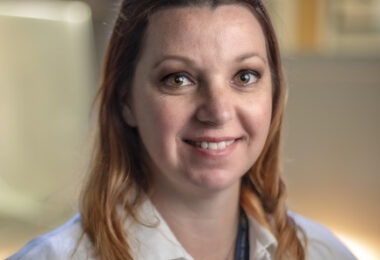

The Koch lab studies maternal-fetal interactions, focusing on immunity, metabolism and the microbiota. They are working to identify novel pathways through which maternal-offspring interactions regulate neonatal health.
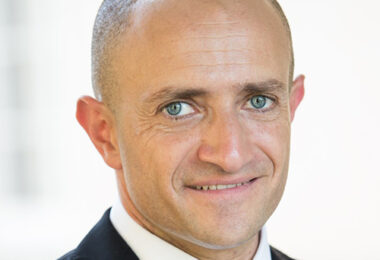
The Mazmanian lab aims to discover how the gut microbiome influences development and function of the immune and nervous systems, to understand mechanisms that contribute to the pathophysiology of immunological and behavioral disorders.
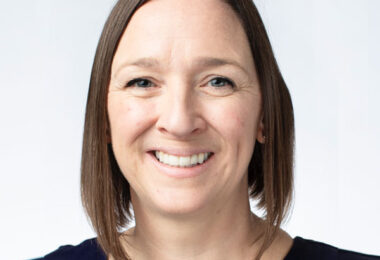
The Lynch lab focuses primarily on the human microbiota in both respiratory and gastrointestinal tracts, environmental microbial exposures that shape its development and its role in chronic inflammatory diseases.
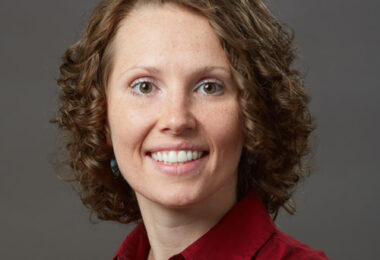
The Lucas lab strives to discover mechanisms of disease driving rare immune disorders, focusing on the genetic, cellular and biochemical underpinnings that can illuminate fundamental biology and broadly inform diagnoses and treatments.
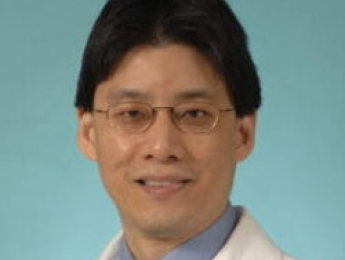
The Liu lab is interested in the molecular mechanisms of how morphologic patterns of cytoplasmic antimicrobial granules are affected by genetics and environmental triggers, and their clinical relevance.
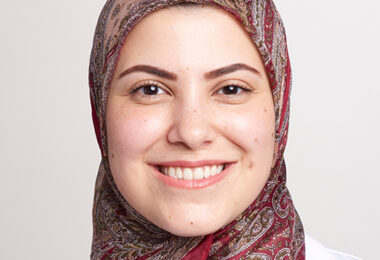
Dr. Kayal specializes in the care of patients with gastrointestinal illnesses with a focus on ulcerative colitis and Crohn’s disease. Her current research interests include prediction and risk stratification in ulcerative colitis patients who need surgery.
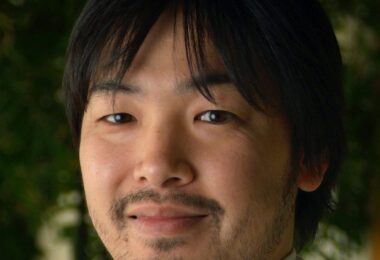
Dr. Kamada’s lab investigates how gut microbiota and host immunity interact in gastrointestinal health and disease. Their focus is on the mechanism by which certain pathogenic members of commensal bacteria promote chronic intestinal inflammation that leads to Inflammatory Bowel Disease.
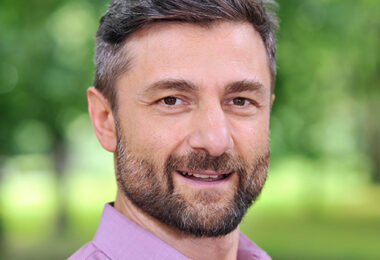
The Iliev lab studies the mechanisms by which fungal and bacterial symbionts interact with their host to influence immunity and homeostasis, or contribute to intestinal diseases, allergies and cancers.
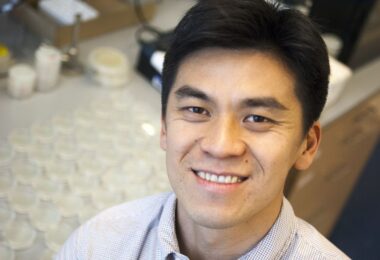
The Hang lab aims to understand the chemical mechanisms that modulate host-microbe interactions and translate discoveries into new therapeutic approaches.
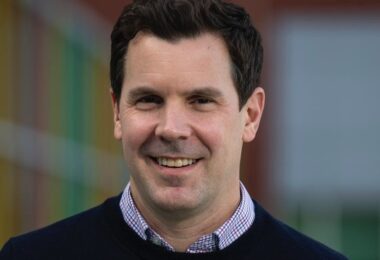
The Hand lab is interested in the immune cells of the intestine and how they respond to the first interactions with colonizing microorganisms. Too little immune response can lead to infection but too much can contribute to damaging inflammation.